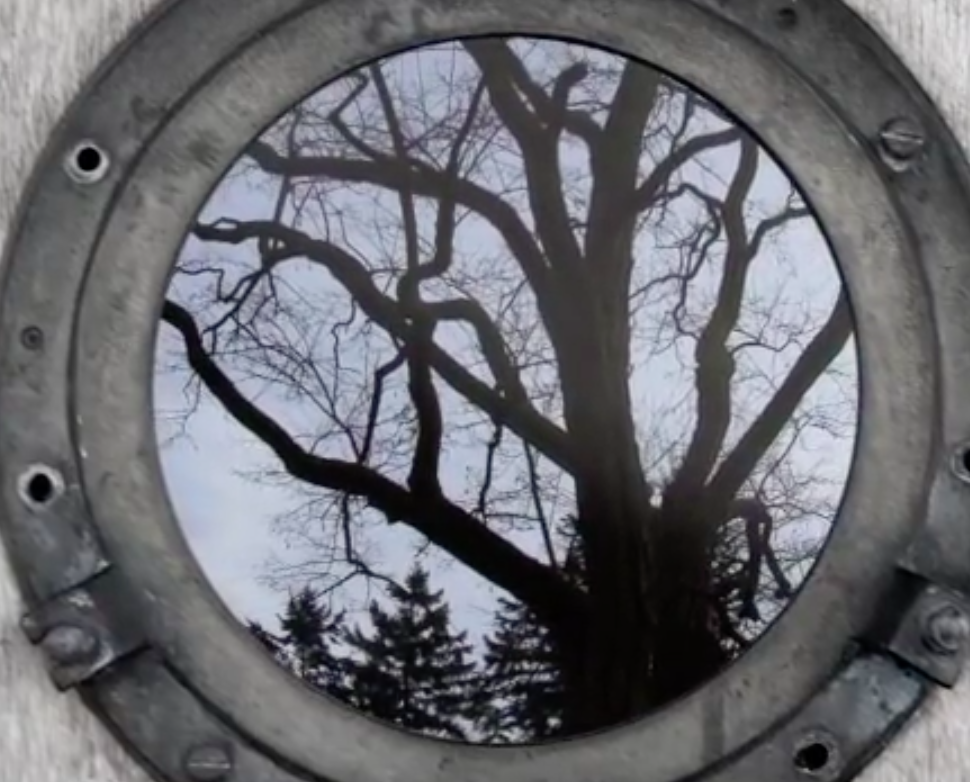Bateson: An introduction

By Emma Loftus
Bateson was a systems thinker who thought about many things. He was interested in mathematics, cybernetics, psychology and anthropology, to name but a few. His work and beliefs have been the foundation stone for much of the work of other systems theorists in exploring how to understand human behaviour and living systems.
"He challenges us to rethink, or to stand back and try to perceive in a different way" -Jerry Brown
For Bateson it really was quite simple. The world isn’t a place of hundreds and millions of separate things and people. In fact he suggests the opposite is true. The world isn’t separable into components at all. The world is a tangled, complex, interlinked swirl of connections. It is, he said, the relationships between things that matter- how I relate to you, and you to that, and that to this.
In thinking of the world in this way, when you look for connection, not only do you become better able to understand the complexity of relationships (in problems, in solutions, in processes, with people and the world). In doing so you also become able to see things that you didn’t know were there.
He asked the question; "what is there about our way of perceiving that makes us not see the delicate interdependencies in an ecological system"? We don't see them and therefore we break them- Mary Catharine Bateson
Surely Bateson's way of thinking is essential when thinking about change in living systems?
There's much more that we could say, and if you’re interested you can find out more about his work at; http://tiny.cc/TheArt
Bateson's work is beautifully explored in a film made by his daughter Nora Bateson: An ecology of mind.

Nora Bateson spoke at SCiO in Manchester last week. (I think we will have a video to post, will check and let you know). Pete